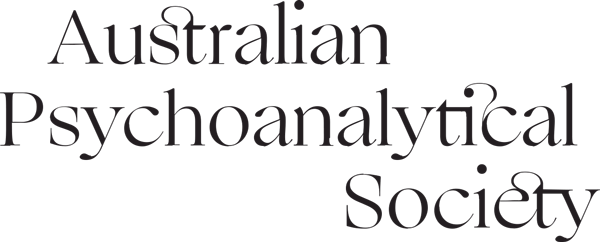Speaker: Louise Gyler / Chair: Louise Hird
Read more
Abstract
Psychoanalytic therapy comprises two aspects: the process and the frame or setting. The process involves the patient’s and the therapist’s participation which is informed by ideas about containment, transference, countertransference and interpretation. In this paper, the focus is the frame / setting. In the 1950s, a more nuanced understanding of the value of setting evolves with writers such as Bion and Winnicott suggesting that the setting is analogous to the mother – child relationship. The frame is now conceived as more than a mere practical background to stage the therapeutic work. Bleger further extends the thinking about the frame proposing that all aspects of the engagement between patient and therapist need to be considered. He argues that the process and the frame dialectically relate in order enable symbolisation and transformation. In child work, it is common for the therapist to feel pressured to modify her psychoanalytic frame. Two child clinical vignettes, one relating to the external setting and the other to the internal setting are described to encourage discussion about challenges and complications fundamental to thinking about the function of the frame.
Biography
Louise Gyler, Ph.D. is a Child and Adult Training Analyst and President of the Australian Psychoanalytical Society, a guest member of the British Psychoanalytical Society and a visiting professor at the Chinese - American Continual Training Program at Wuhan Hospital for Psychotherapy. She chairs the Programme Committee for IPA Asia-Pacific Conference 2023 (India). She authored The Gendered Unconscious: Can gender discourses subvert psychoanalysis? (Routledge, 2010). In 2007, she was runner up for Ticho Charitable Foundation Lectureship at the 45th IPA Congress, Berlin and in 2019, won the 22nd International Frances Tustin Memorial Prize and Lectureship. She has a private practice in Sydney.












